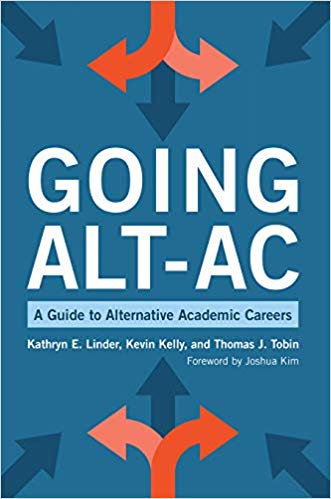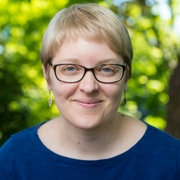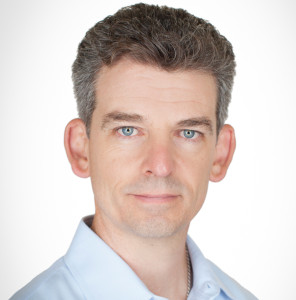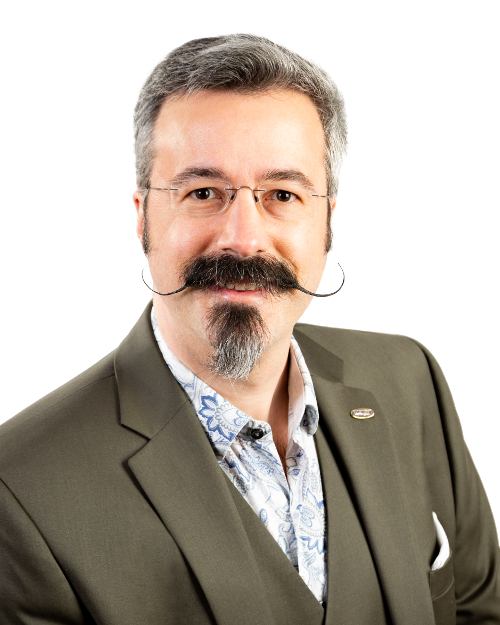You have /5 articles left.
Sign up for a free account or log in.
 Going Alt-Ac: A Guide to Alternative Academic Careers by Katie Linder, Kevin Kelly and Thomas J. Tobin
Going Alt-Ac: A Guide to Alternative Academic Careers by Katie Linder, Kevin Kelly and Thomas J. Tobin
Published in January 2020
Q: What inspired you to write the book?
 Katie Linder: Several years ago, I had the opportunity to review a book that was all about preparing graduate students for the tenure-track career path. The book was packed with concrete advice and tips, but not many of them applied to my situation as a graduate student who had pursued an administrative role after earning my Ph.D. As I read it, I wished that there was an equivalent book for people like me who were outside of the tenure track but still pursuing meaningful careers that utilized their training from the Ph.D. experience. It took a little while for the idea to take shape into Going Alt-Ac, but that’s where the original idea came from.
Katie Linder: Several years ago, I had the opportunity to review a book that was all about preparing graduate students for the tenure-track career path. The book was packed with concrete advice and tips, but not many of them applied to my situation as a graduate student who had pursued an administrative role after earning my Ph.D. As I read it, I wished that there was an equivalent book for people like me who were outside of the tenure track but still pursuing meaningful careers that utilized their training from the Ph.D. experience. It took a little while for the idea to take shape into Going Alt-Ac, but that’s where the original idea came from.
Q: What surprised you about the alt-ac career path as you went through the research and writing process for the book?
 Kevin Kelly: The biggest surprise may have been learning how not alone we are as alt-ac professionals. As I made my alt-ac journey, I felt that I was largely on my own. Most people with graduate degrees seemed to be seeking tenure-track positions, and it felt like everyone kept pushing me in that direction as well. For example, while working at a university, my boss made applying to a doctoral program part of my annual-review goals. While teaching at that university as a part-time lecturer, my tenure-track colleagues kept asking when I was going to apply for tenure-track positions.
Kevin Kelly: The biggest surprise may have been learning how not alone we are as alt-ac professionals. As I made my alt-ac journey, I felt that I was largely on my own. Most people with graduate degrees seemed to be seeking tenure-track positions, and it felt like everyone kept pushing me in that direction as well. For example, while working at a university, my boss made applying to a doctoral program part of my annual-review goals. While teaching at that university as a part-time lecturer, my tenure-track colleagues kept asking when I was going to apply for tenure-track positions.
However, talking to people about the book in progress showed us many people who had taken similar paths on their own. I heard lots of comments like, “I wish I had had this book when I got started in alt-ac.” Research for the book showed that there are growing alt-ac communities -- both general and discipline-specific -- where one can find support and resources. Interestingly enough, now that I’m a full-time higher ed consultant, I get asked, even by some alt-acs, when I’ll go back to a position at a college or university.
 Tom Tobin: I was consistently surprised at how many college and university departments acknowledge the shift away from creating tenure-line faculty positions and yet continue to accept students for advanced study in numbers similar to when there were more plentiful tenure-line faculty “pipeline” jobs for graduates. Even among institutions that acknowledge the shift, comparatively few invest time for training graduate learners to be well prepared for careers beyond faculty lines.
Tom Tobin: I was consistently surprised at how many college and university departments acknowledge the shift away from creating tenure-line faculty positions and yet continue to accept students for advanced study in numbers similar to when there were more plentiful tenure-line faculty “pipeline” jobs for graduates. Even among institutions that acknowledge the shift, comparatively few invest time for training graduate learners to be well prepared for careers beyond faculty lines.
Now this is slowly changing: advocacy groups like Beyond the Professoriate have come into being in order to address the gap in career advice that’s available to advanced degree holders. One of the reasons that we enjoyed writing the book was because we spoke to colleagues across North America who are expanding the career conversations within their departments, professional organizations and peer networks.
Similarly, just look at the #AltAc hashtag on Twitter, and you’ll see that the perception of alternative-academic work is changing from “what you do when you can’t find the ‘real job’ for which you were trained” to a meaningful and rewarding set of options for anyone who has the skills that advanced study provides.
The most common critique of the term “alt-ac” is that it is premised on an opposition to academic work; colleagues often tweet that “alt-ac is just working,” and that’s true. We’re writing to help lower the barrier of misaligned expectations that prevents many professors, advisers and advanced degree holders themselves from thinking about the larger world of careers that are adjacent to the academy as fulfilling and rewarding in their own right, full stop.
KL: I really enjoyed seeing how the possibilities for alt-ac positions continue to grow and evolve. As fields become more professionalized, it is becoming easier for alt-ac career seekers to earn more niched credentials and certifications that can augment their Ph.D. training and really set them up for success.
Q: If you could go back in time and have a conversation about careers with your graduate student self, what would you say?
TT: Well, my grad student days lasted longer than most people’s: I earned my Ph.D. and then went right back into a second master’s degree, followed by a bunch of professional certification programs. I joke with my nieces and nephews that I am now in the 42nd grade. But way back when I was starting my first post-undergraduate study, I wish I’d known that the narrowly conceived boundaries that my professors and advisers shared about the possibilities in my field -- I could become a professor, an editor or … well, a professor -- were really the product of their collective lack of experience beyond the tenure track.
I’d tell grad student me that it is okay to find a career outside those narrow lanes, and that doing so was not a failing on my part. For years, I kept publishing, presenting at conferences and doing all of the things that were supposed to allow me to catch the brass ring of a tenure-track faculty position. I became a lot happier once I recognized that there are fewer brass rings on the ride on which I was trained, and that other fields had plenty of brass rings to go around.
KL: Even as a graduate student, I trusted my own instincts about the kind of career path that I wanted to pursue. I knew that going alt-ac was swimming against the current, but I also knew that an administrative role was going to be the best fit for my career goals, skills and unique talents. I think that if I could go back and talk to my graduate student self, I would just affirm that it’s OK to trust yourself in making career choices, even if it means going the opposite way that others are headed.
KK: Like Katie, I would attest to the fact that I could indeed make an impact -- to be the change that I wanted to see -- by working in higher education in a variety of non-tenure-track roles. Similarly, as my colleagues and even my students were entering lucrative positions at early high-tech and biotech companies like YouTube, Apple and Genentech, I would tell myself that it was OK to pursue meaningful, mission-based work that did not involve fame and fortune.
That said, I would also promote taking risks. I would encourage my younger self to expand my network broadly and to make the most of interesting opportunities that presented themselves, ranging from consulting side gigs to leadership positions at educational start-ups to a sometimes hectic mix of consulting, public speaking and writing. Last, I would tell myself, “The Cubs will win the World Series someday. That’s proof positive that the growth mind-set can be applied to careers as much as to learning. You’ve got this!”
What do you want to ask the authors of Going Alt-Ac?




